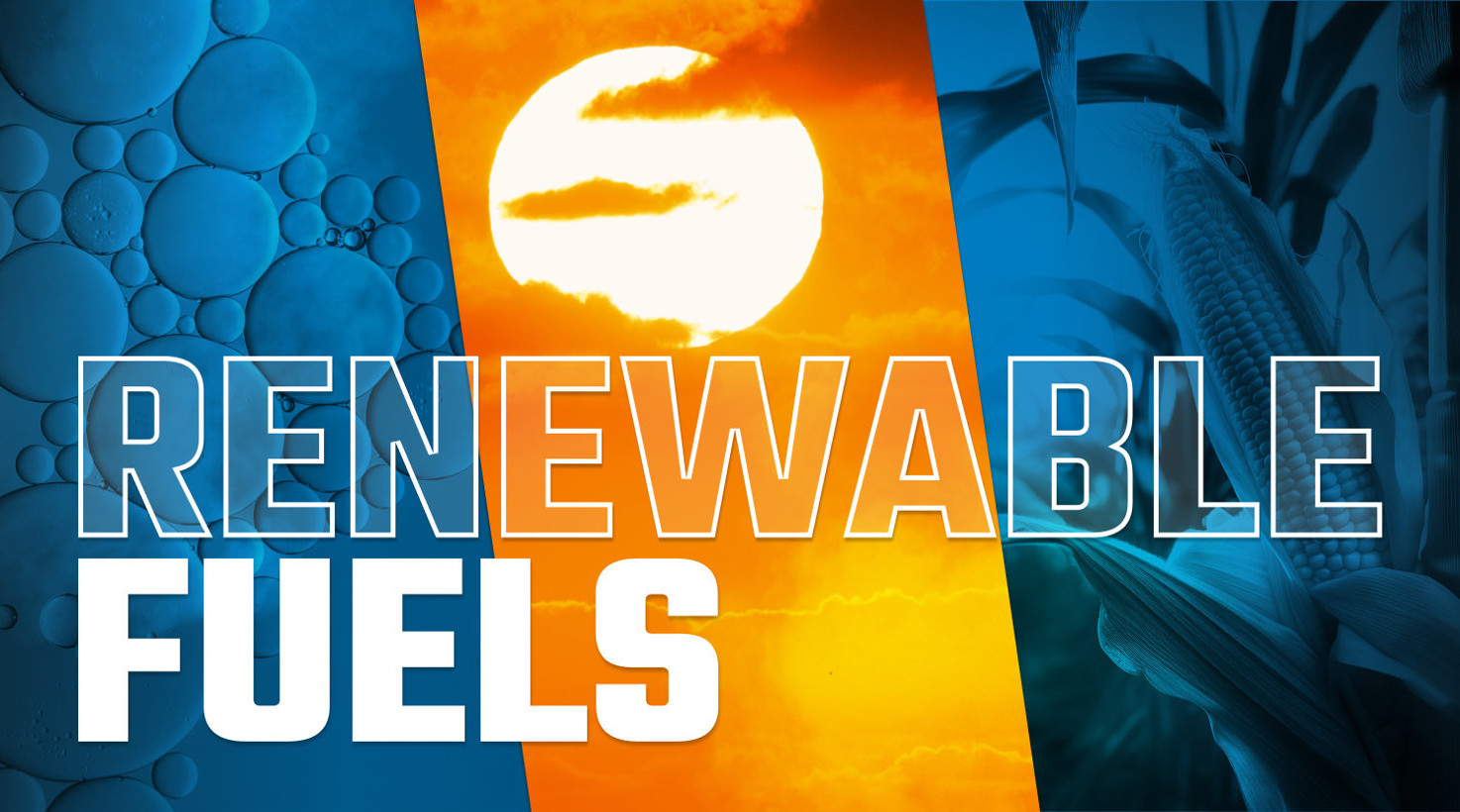Boilers need heat to operate, and that heat comes from combustible fuels like propane, fuel oil, and natural gas. But as we look to the future of steam, more and more renewable fuel sources are going to come into play. We’ve already talked about how “green” steam can be, and it’s only going to get better as more ecologically conscious sources of heat become more advanced, and more available.
BIOMASS
Everything around us is made of matter, and matter is, at the smallest level, made of energy. Reclaiming some of the energy stored in organic biomass is an exciting frontier for boiler fuels. Early boilers were fueled by coal, which is organic, but coal’s original problem was the emissions it created. While the emissions issue has been solved with new technology such as scrubbers, the cost of coal continues to be a factor. However, new types of organic biomass are proving themselves totally viable for generating the heat that a boiler needs to make steam.
One of the leading sources of biomass fuel is agricultural waste. These are the parts of plants that we don’t really use for anything else. Things like corn stalks, rice husks, peanut shells, and the straw that’s left over from wheat, barley, and oats. Some of this organic matter can be used as livestock feed, but some of it can’t. However, almost all of it can be used to generate heat for industrial boilers. The best news is, they’re effectively carbon neutral. Since the plants themselves absorb carbon dioxide when they’re growing, the CO2 put out by their combustion is effectively canceled out by what they previously took in.
BIOGAS
When many types of organic matter break down, they give off combustible gases. We’re talking about animal waste from farms, human waste from the sewer system, and other types of organic matter. If that gas can be harvested from the material as it’s breaking down, it can be repurposed to fire industrial boilers, thereby negating the need to use non-renewable fossil fuels. While it may sound a little gross, biomass gases are already a proven fuel source for large industrial generators and other equipment.
BIODIESEL
Diesel engines run on diesel fuel, which is made by refining crude oil. But as it turns out, diesel engines can also run on many organic oils, as well. And we have plenty of those laying around already. Stuff like cooking grease, animal fats, and even vegetable oils can all be repurposed to run in diesel engines, often with little modification to the engine itself. There’s already a thriving market for repurposed grease and oil as a source of fuel for buses, semi trucks, and even personal vehicles. Large fleets of delivery vehicles around the country already run on biodiesel, which makes it a proven solution for adoption by the boiler industry. As a bonus, the exhaust from biodiesel often smells like French fries.
ETHANOL
Ethanol is alcohol derived from the fermentation of the natural sugars found in crops like corn and sugar cane. You’ll find it currently in use in many popular brands of gasoline as a sort of combustible filler blended in to extend the gas supply. Likewise, ethanol is a viable solution for extending the supply of boiler fossil fuels and may one day be an exclusive source of fuel all by itself.
RNG
RNG, or Renewable Natural Gas, is combustible fuel created by the breakdown of organic matter in landfills, wastewater treatment plants, and livestock farms. It’s similar to biogas, but it undergoes more refinement and processing to make it extremely similar to the natural gas that’s currently flowing in supply lines all over the world. As technology advances, it will become easier and more cost-effective to collect and refine RNG, making it an increasingly viable source of renewable boiler energy.
HYDROGEN
It’s the simplest element on the periodic table, and it’s pretty much the most abundant element in the universe. Once we figure out how to safely harvest, store, transport, and use hydrogen as fuel, it’s going to change the world. There are cars and trucks out there that already run on hydrogen, further proving its worth, but it’s not in widespread use in the boiler industry yet.
THE SUN
Speaking of hydrogen, that big ol’ ball of fire in the sky is a giant fusion reactor full of it, making solar energy one of the most abundant energy sources on our planet. It’s already used in limited applications in the industrial boiler industry, mainly for preheating feedwater. It’s also used to heat up transfer media, like oil, which can be pumped through boiler tubes to heat water into steam. While it’s not in widespread use as a primary boiler fuel yet, solar energy is becoming more advanced every day. It’s just a matter of time before the sun is making more steam than ever.
As always, WARE will be at the forefront of every advancement in boiler fueling technology. We’re also experts in current boiler fuels as well, so if your boiler’s fire side needs maintenance, service, or any replacement parts, we’re here to help. Just let us know what you need.
